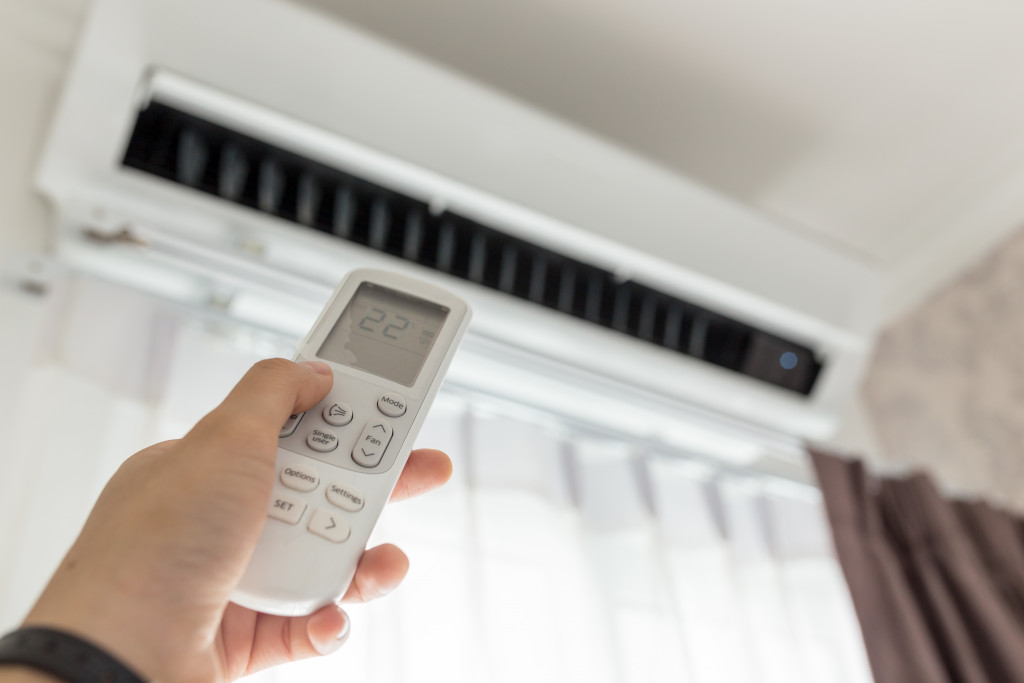If you want to know how hot summer is, then all you have to do is to see how thousands of Americans flocked to the beaches this season. From the beaches of sunny Florida to that of Huntington, California, people are getting as much of the sun as they can. Even the warnings against people socializing and bonding have been seemingly thrown out the window. To a large degree, however, it’s understandable. After months of staying in place, people these days make the most of the time to stay outdoors.
Ultimately, however, no matter how long your summer escapade outside, you’re bound to come home. And this is where you’ll realize how important your internal weather is to your quality of living.
Indeed, you will have a lot of things to blame if you’ve been turning the AC high and still find your bedroom hot and largely unbearable. But one thing you really can’t ignore is insulation. If you’ve insulated your precious abode well enough, you need not overwork your air conditioning to get just your internal temperature right.
Luckily, a deeper understanding of how insulation works in your precious abode should set you on a better path. Insulation is a constant process. If you are willing to put in the hours and the effort, you should be able to put livability in your property on a high scale than ever before, starting with this summer. And when that happens, staying at home would certainly sound like a better choice for everyone.
What in the World is Insulation?
Insulation is a broad word. It can mean your clothing. You insulate yourself against the cold. The word itself comes from the Latin word insula which means “to make something into an island”. The word peninsula means “almost an island” as it’s connected to the mainland but surrounded mostly by water.
But you get the idea. To insulate something is to protect it from the torments of a nuisance or outside interference. Insulation then in your precious abode is any material that is used to protect your property from the influence of the weather. Specifically, it means any material that is used to prevent air from escaping from your precious abode.
If done right, insulation prevents the warm air during winter from escaping. During summer, it also is instrumental in not letting cold air from going out. In short, insulation is the barrier you put to keep your temperature inside under your control.
What Makes It Tick?
If you look closer, insulation is central to your home temperature. It keeps you cool in the hot summer months and hot in the sweater months. By slowing the heat transfer from to and from your property, insulation works wonders.
Naturally, heat energy flows from warm areas to cooler ones. So during the hot summer, hot air will seek to get through your precious abode. But if your insulation is done well, then cool air inside will be maintained, unaffected by the hot weather. As air doesn’t move freely from to and fro, the temperature inside remains basically set.

Why do You feel Hot Inside the House?
You could be asking why you’re feeling hot even when the AC is in full swing. The problem can be traced to poor insulation. As the majority of homes in America, especially the older ones, do not maintain proper insulation, drafty areas abound. Government data shows 9 % of homes in America and under-insulated.
You feel hot inside because of the invisible air exchange that’s happening right under your nose. That’s because holes in your insulation allow hot air to come inside while at the same time pushing cool air inside outside. If your insulation is poor, it can’t stop external heat from coming through your walls and floors, not to mention your ceiling.
To get your precious abode the insulation it deserves, you need to do an extensive audit of your house. A good way to do this is to start with your roofing system. Any leak in your roof can mean hot air is getting in your building. If you haven’t checked your roof for a long time, a thorough assessment by roofing experts or contractors should reveal leaky roofs. Getting tried-and-tested roof professionals not only ensures you get the job done right, but also it means you won’t have to put yourself in harm’s way to get things going.
In addition, a handy infrared camera should be a treasure trove. The gadget’s ability to detect errant heat signatures makes for easy tracking of insulation holes and drafts inside your property.
Tons of Savings
If your home is well-insulated, you save tons of precious dollars on your monthly energy bill. That’s because your AC won’t have to work double-time to keep you warm in these summer months as cool air is kept inside. The same holds true for winter. Your heater doesn’t need to work so hard just to keep things warm.
If not, your AC becomes a cash-dispensing nightmare. Drafts inside just let cool air out draining our home of needed coolness and your bank account of cash. But once the insulation is tight, you enjoy just the right weather inside even when it’s screaming hot outside. In short, you and everyone in the family are protected.
